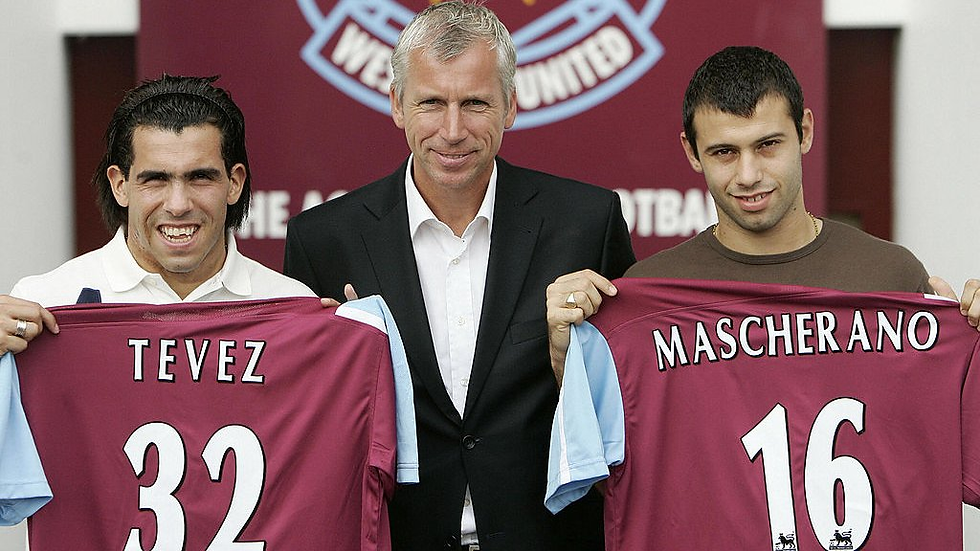The Dangerous Intersection of Technology and Gambling in the Arena of Online Sports Betting.
- globalsportspolicy
- Nov 2, 2021
- 4 min read
Written by Krishnadithya Amar Bhaskar*

Introduction
In India, the legal situation concerning online (sports) betting is ambiguous. The governing act, The Public Gambling Act of 1867[1], does not refer to online betting. Hence, except for a few states where the local state law contradicts federal law, it is not formally prohibited under Indian betting laws. States like Sikkim, which have casinos and state-owned lotteries, actively legalising and regulating online betting. The kind of games offered by betting operators whose license applications have been accepted fall under the category of 'game of skill' as distinguished from 'game of chance'. This distinction is seemingly arbitrary, and its practicality from a regulation standpoint is questionable. [2]. In Goa, one can play all casino games at established (floating) casinos like Casino Daddy and Deltin Royale. [3] Clearly, there is a vast market and a lot of money to be made from online sports betting in India. However, due to existing laws' ambiguity, few regulations prevent predatory tactics against consumers.
Furthermore, research indicates that gambling problems are likely to increase as sports gambling has displayed an explosive growth rate and mobile and online technologies are simultaneously evolving, creating unlimited types of wagering opportunities. [4] Through the creation of such opportunities, online sports betting exploits the enthusiasm that fans have for sports. The increasing rate of gambling problems that are likely to emerge must be addressed. Additional technical challenges accompany online sports betting, which must be resolved to maximise its potential given its inevitable legalisation.
The Need for Regulation
Given the complicated landscape of the online betting industry, some degree of market regulation would help the government bring transparency to the sector. This would encourage additional participation from investors and consumers who can be assured of protection and stability. Furthermore, uniform legalisation of the online betting industry would enable a more accurate valuation of services provided by online gaming portals in the context of the existing legal provisions. By extension, this means that certain transactions would be taxable within online sports betting as well, and this would greatly benefit the country's coffers. [5]. In the arena of sports betting, allegations of match-fixing are often at the forefront. Regulated and licensed betting operators, as seen in the UK, for instance, have a robust system of checks and balances to monitor their websites and track suspicious patterns such as a sudden spike in betting for specific events. [6]. There are also other apparent benefits like employment which would be created within a legal and regulated betting regime.
Policy Changes that should be made in India
As mentioned before, the regulations in states like Goa and Sikkim that have resulted in a licensing regime to allow certain kinds of games could be expanded to other states. India could also borrow from the UK's Gambling Act of 2005 and categorise the various games (casual gaming, high stakes gaming, etc.) based on which licenses could be levied. Such a policy must be adopted pan-India, and leaving it for state governments to decide would prove counterproductive. That said, the government doesn't have to regulate every aspect of the sector. Bodies like the Federation of Indian Fantasy Sports have developed self-regulation for taxation, advertisements, etc. The operational regulations primarily lie with the industry. However, the government's role in this situation would be to put sanctions or punitive measures that can be invoked against operators who do not adhere to these self-regulations. Lastly, considering the already rampant gambling addictions that could be exacerbated through this policy shift, a portion of the tax levied on sports betting revenue should be used for research, educational outreach, and gambling addiction treatment programs.
Conclusion
Despite regulation, technical challenges accompany the legalisation of online sports betting. Peer to peer wagering, micro betting, cyber security, etc., is still integral aspects that need to be ironed out. The requisite infrastructure needed to navigate through this regulatory nightmare must be built as the systems holding this space together are fragile. Several betting sites crashed right before the Super Bowl due to ridiculously high amounts of traffic, and it is not hard to imagine this occurring during the IPL final. Improving the existing infrastructure alongside adopting the regulatory measures can solidify the legal landscape of online betting in India, providing benefits to the government and people alike.
*The author is a law scholar of Jindal Global Law School, India.
(The image used here is for representational purposes only)
References
[1] The Public Gambling Act, 1987.
[2] Jay Sayta, "Legality of Poker and Other Games of Skill: A Critical Analysis of India's Gaming Laws" NUJS LAW REVIEW, 5 NUJS L.Rev. 93, (2012), https://web.archive.org/web/20131102050621/http://www.nujslawreview.org/pdf/articles/2012_1/jaysayta.pdf.
[3] Id, at 94.
[4] Mirella Yani-de-Soriano, Uzma Javed and Shumaila Yousafzai, "Can an Industry Be Socially Responsible If Its Products Harm Consumers? The Case of Online Gambling", Vol. 110 No. 4, Journal of Business Ethics, JSTOR, (2012), 481 https://www.jstor.org/stable/41684049.
[5] Juan Vidal-Puga, "On the Effect of Taxation in the Online Sports Betting Market" 8 (2) Journal of the Spanish Economic Association, (2017), 10.1007/s13209-017-0156-y
[6] "Upcoming Changes within the Gambling Industry" The Financial, (2021), https://finchannel.com/upcoming-changes-within-the-gambling-industry/.




Comments